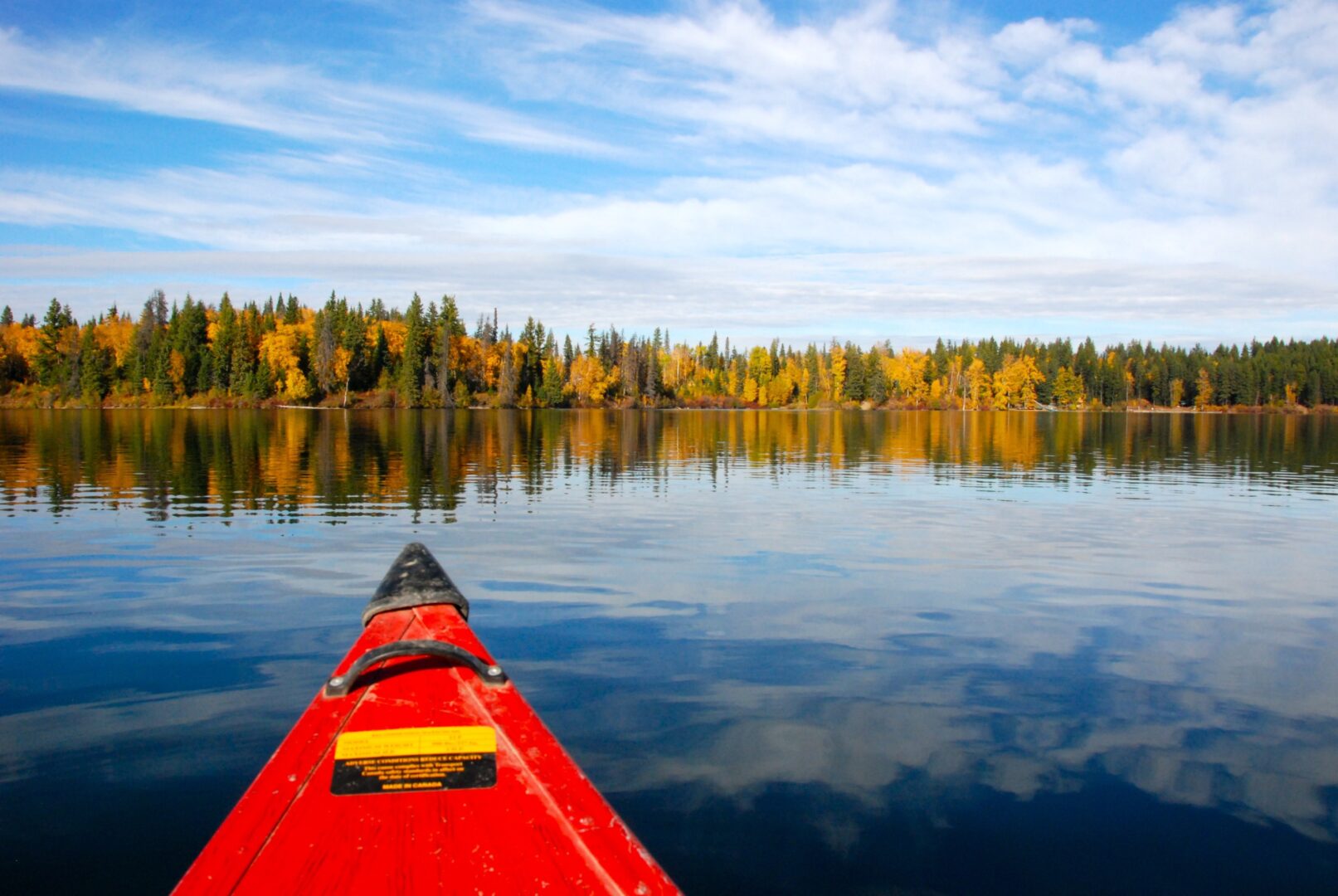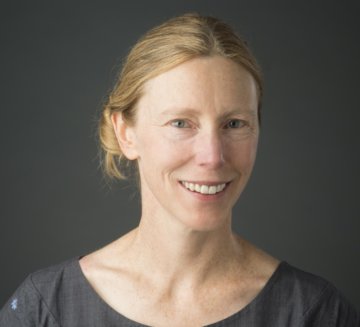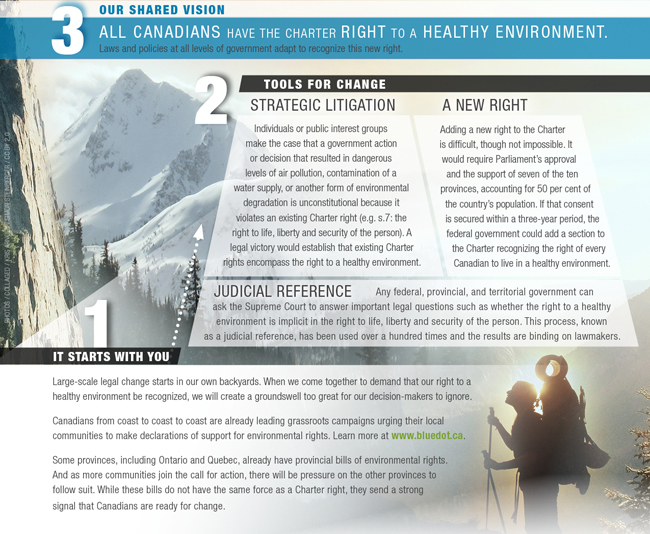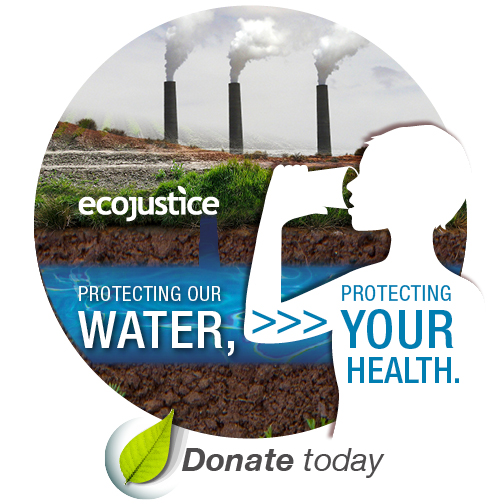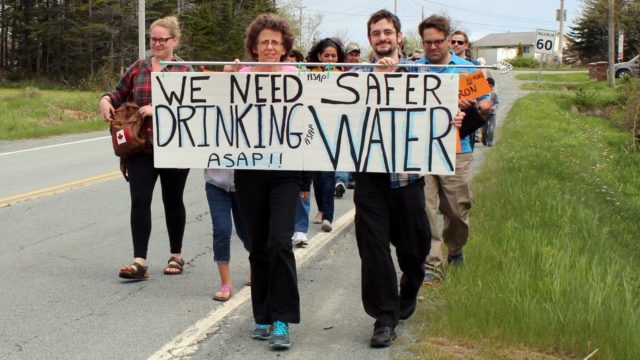Today (December 10) is Human Rights Day. And at Ecojustice, we believe that environmental rights are human rights.
Abroad, Canada has a reputation as a fair and progressive nation, but after nearly 25 years of fighting legal battles to keep our air breathable, water drinkable and communities healthy, we at Ecojustice have become all too familiar with how our environmental laws and regulatory processes at home consistently fail to protect the people and places we love.
The sad reality is that it is people living in indigenous, rural or low-income communities who are most affected, making this an urgent matter of social and environmental justice.
A United Nations study published in 2009 found that First Nations’ homes are 90 times more likely to be without running water than the homes of other Canadians. In Harrietsfield, Nova Scotia, groundwater contamination by industry has left our client Melissa King’s well water so laden with toxic chemicals that her two-year-old son has never had a bath at home. Meanwhile, thousands of other Canadians, like our clients Ron Plain and Ada Lockridge of Sarnia, Ont., are subject to harmful levels of air pollution every day.
It’s hard to believe that these injustices still persist within our borders. It’s even harder to believe that of the more than 110 countries that already recognize their residents’ right to a healthy environment, Canada is not one of them.
But it should be. It is time for Canada to recognize our right to a healthy environment in the Charter of Rights and Freedoms.
The Charter is Canada’s highest law and it applies to all levels of government across the country. It gives each of us inalienable rights that protect us from discrimination and guarantee our right to life, liberty and security of the person. We believe the Charter should recognize our right to a healthy environment because every Canadian — no matter who they are, or where they live — should be entitled to a minimum standard of environmental quality.
Unless Canada takes action and recognizes that environmental rights are human rights, what is happening in Sarnia, Harrietsfield, and far too many other Canadian communities will continue — and the fight to right these wrongs will not get any easier.
We can do better. We must do better. Here’s how:
When we work together, amazing things can happen. Four Canadian municipalities, including the City of Vancouver, have already adopted declarations recognizing their residents’ right to healthy environment. A federal environmental bill of rights has also been recently introduced in Parliament. These are all positive indications that Canadians have an appetite for change
We can all play a role in this important movement, something that United Nations Secretary-General Ban Ki-moon touched on in his comments about Human Rights Day:
“Everyone can advance the struggle against injustice, intolerance and extremism.
I call on States to honour their obligation to protect human rights every day of the year. I call on people to hold their governments to account. And I call for special protections for the human rights defenders who courageously serve our collective cause.
Let us respond to the cries of the exploited, and uphold the right to human dignity for all.”
Food for thought, wouldn’t you say?

